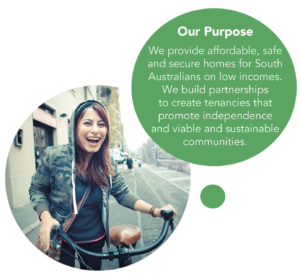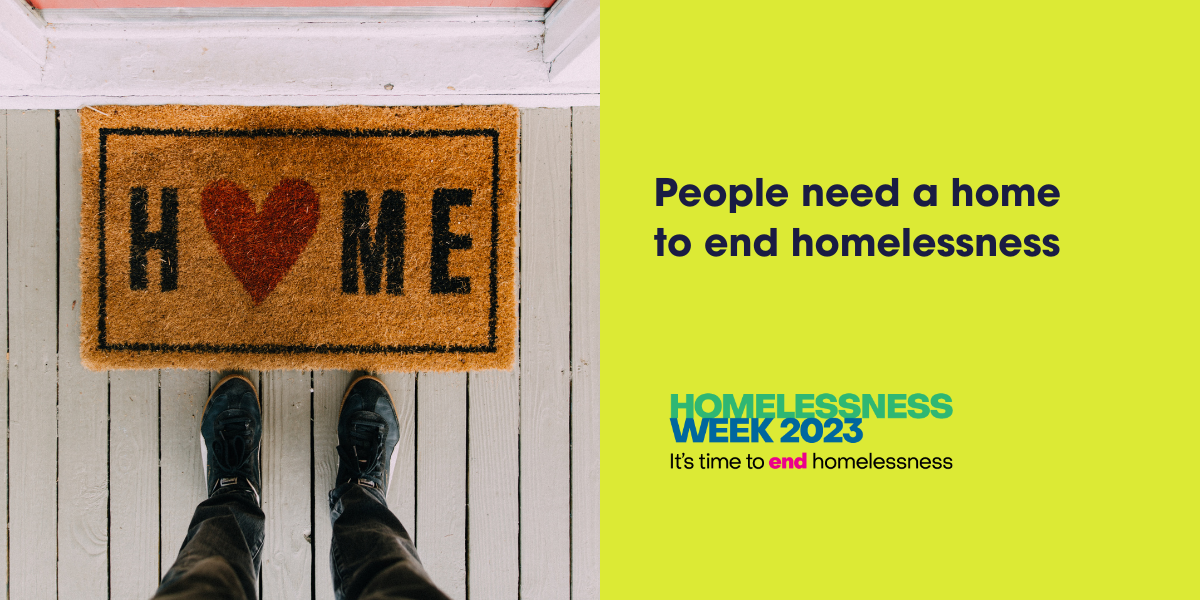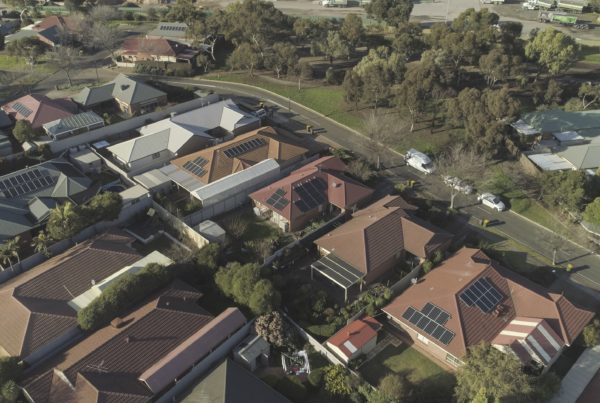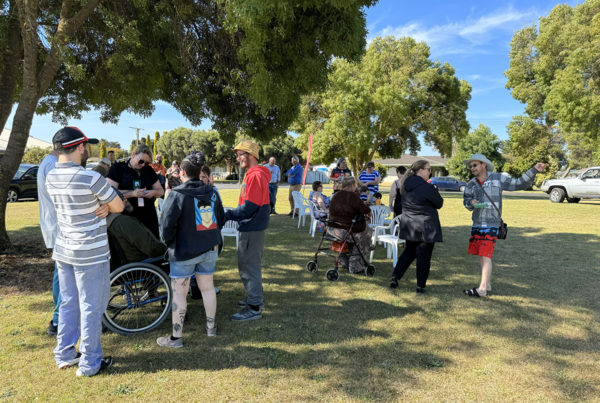National Homelessness Week: 7 – 13 August 2023
Today marks the commencement of National Homelessness Week 2023, (Monday 7 August to Sunday 13 August).
National Homelessness Week raises awareness of homelessness in Australia and the importance of social housing as a long-term solution.
The theme for 2023 is, “It’s time to end homelessness”.
At Unity we create opportunities for people to live in homes they can afford in places they want to live. While we have a long and strong history of providing housing to some of the most vulnerable people in South Australia, there’s still so much need yet to be met. We are all aware that relentless rent increases and record low vacancy rates are driving more Australians into homelessness and services are unable to keep up with demand. The latest data on the use of homelessness services reveals a surge in demand from homelessness help in early 2023, (refer to the Overstretched and overwhelmed: the strain on homelessness services report, Homelessness Australia).
Between December 2022 and March 2023, the number of people seeking homelessness assistance nationally spiked 7.5 per cent, an extra 6,658 clients. The overwhelming bulk of that need came from people seeking homelessness help because of financial stress and the housing crisis. Of the 95,767 people seeking assistance in March 2023, 83 per cent of them (79,244) needed help due to issues with their housing or financial stress.
| NSW | VIC | QLD | WA | SA | TAS | |
| December 2022 | 22,432 | 31,088 | 14,373 | 6,785 | 6,669 | 2,655 |
| March 2023 | 24,730 | 32,733 | 16,225 | 7,538 | 7,143 | 2,686 |
| Percentage change | 10.2% | 5.3% | 12.9% | 11.1% | 7.1% | 1.2% |
Unity’s focus is to help build a sustainable housing system that provides a range of options for people who are facing housing affordability pressures, and to make a positive contribution to the communities which we are a part of. Thanks for the part you play.
The following excerpts are from the Homelessness Australia website.
Who is homeless?
- On any given night, 122,494 people in Australia are experiencing homelessness (ABS Census 2021).
- One in seven people experiencing homelessness are children under 12(ABS Census 2021).
- 23 per cent of people experiencing homelessness (almost one in 4) are children and young people between 12 and 24 (ABS Census 2021).
- One in five people experiencing homelessness are Aboriginal and/or Torres Strait Islander people (ABS Census 2021).
- Homelessness is not “rooflessness”. Only 6.2 per cent of people without a home are sleeping rough. The majority of homelessness is hidden – people in crisis accommodation, rooming houses, insecure housing, overcrowded dwellings or couch surfing.
Homelessness services
- In 2021-22, 272,700 people were supported by homelessness services (AIHW, Specialist Homelessness Services Annual Report 2021-22).
- In 2021-22, a further 105,000 people sought help but were unable to be assisted because of shortages of staff, or accommodation or other services (AIHW 2022).
- That’s 300 people a day turned away because services are over stretched (AIHW 2022).
What is needed to end homelessness? To end homelessness once it occurs people need:
- Adequate incomes
- A home
- To be free from violence and abuse
- Effective support to gain and retain housing
Why do people become homeless?
- 52% of people seeking homelessness services report issues with housing or finances, such as the affordability of rent, as the main reason they need help
- 28% cite family violence or other violence and abuse as the main reason they need help
- 5% cite other family relationship issues
- 15% cite other issues

#HW2023




